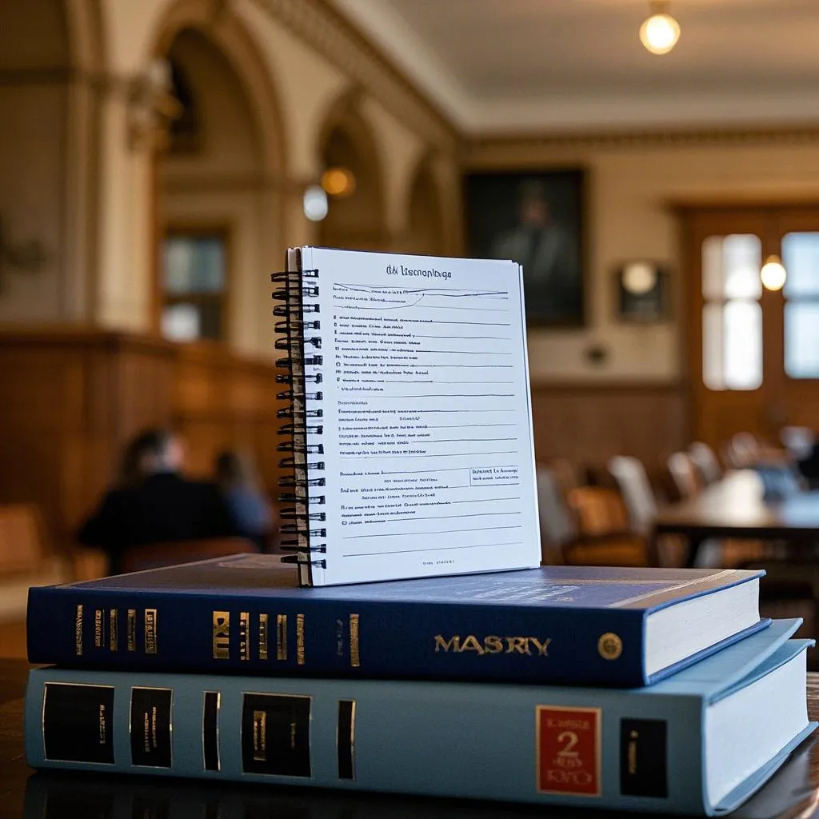Position’╝�Home > education > Content
University of Sydney: academic strength shines on the intern
Date’╝�2025-02-20 17:32Editer’╝ÜadminRead’╝�’╝�

Recently, SoftTech released the 2024 Global Academic Rankings (GRAS), and the University of Sydney stands out among global universities with its outstanding academic research capabilities. In this ranking, the University of Sydney has made strong strides into the top ten globally in three key research areas: Transportation Science and Technology (8th), Nursing (10th), and Public Health (10th).
Moreover, the University of Sydney has demonstrated a strong academic foundation in various fields. The school has 7 research areas in the top 20 globally, 17 research areas in the top 50 globally, and 32 research areas in the top 100 globally. In Australia, the University of Sydney has also performed outstandingly, with 7 disciplines topping the list, an increase of 3 disciplines from 2023.
The Soft Science World Class Ranking, formerly known as the Academic Ranking of World Universities (ARWU), measures the performance of universities around the world in various disciplines through a series of objective academic indicators such as research output, research influence, international cooperation, research quality, and international academic awards, as well as third-party data. The excellent performance of the University of Sydney under such a strict evaluation system is undoubtedly a strong proof of its strength.
Professor Mark Scott, President of the University of Sydney, is deeply pleased with the school's continued outstanding performance in global rankings. He specifically mentioned the significant progress made by the university in mathematics, earth sciences, and physics, which highlights the research expertise of the University of Sydney both domestically and internationally, as well as the important contributions made in these fields. In order to maintain its excellent research level, the University of Sydney has made significant investments, including a record breaking AUD 420 million for the Sydney Biomedical Accelerator project, aimed at accelerating scientific discoveries and revolutionizing healthcare science. At the same time, the school has appointed 40 Sydney Horizon researchers to address global challenges such as climate change, health, and sustainability.
Among the many disciplines that have entered the top 50 globally this year, the performance of the University of Sydney is commendable. The disciplines of Telecommunications Engineering (11), Agricultural Science (13), Library and Information Science (17), Computer Science and Engineering (19), Veterinary Medicine (24), Communication Science (26), Finance (30), Civil Engineering (32), Clinical Medicine (32), Business Administration (32), Human Biology (36), Management (36), Dentistry and Oral Science (41), and Electrical and Electronic Engineering (42) have all demonstrated strong disciplinary strength.
Professor Emma Johnston, Vice President (Research) of the University of Sydney, pointed out that the strong performance of the University of Sydney in the rankings fully reflects the quality, depth, breadth, and influence of the school's research. For example, this year the University of Sydney led a new research on reducing young people's use of electronic cigarettes and smoking in Australia, developed a method to use artificial intelligence to reduce energy consumption in data centers, and continues to conduct significant research on post COVID work and transportation patterns.
It is worth mentioning that the University of Sydney not only performs well in soft science rankings, but also achieves remarkable results in the 2025 QS World University Rankings, ranking 18th globally and 2nd in Australia. Especially in the field of sustainable development, the University of Sydney is at the forefront, ranking first in Australia and seventh globally. The University of Sydney is showcasing its strength and responsibility as a top tier institution to the world through comprehensive excellence.